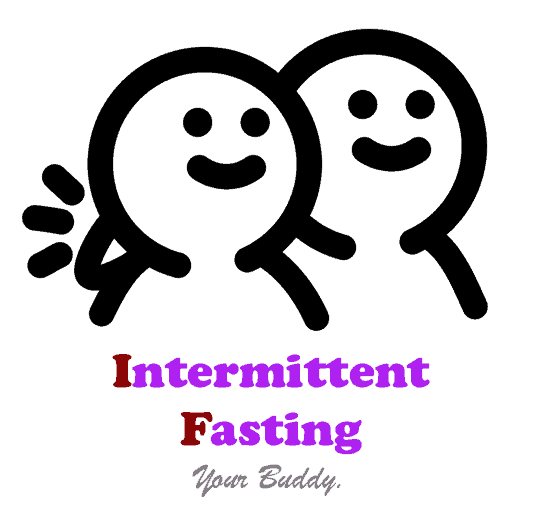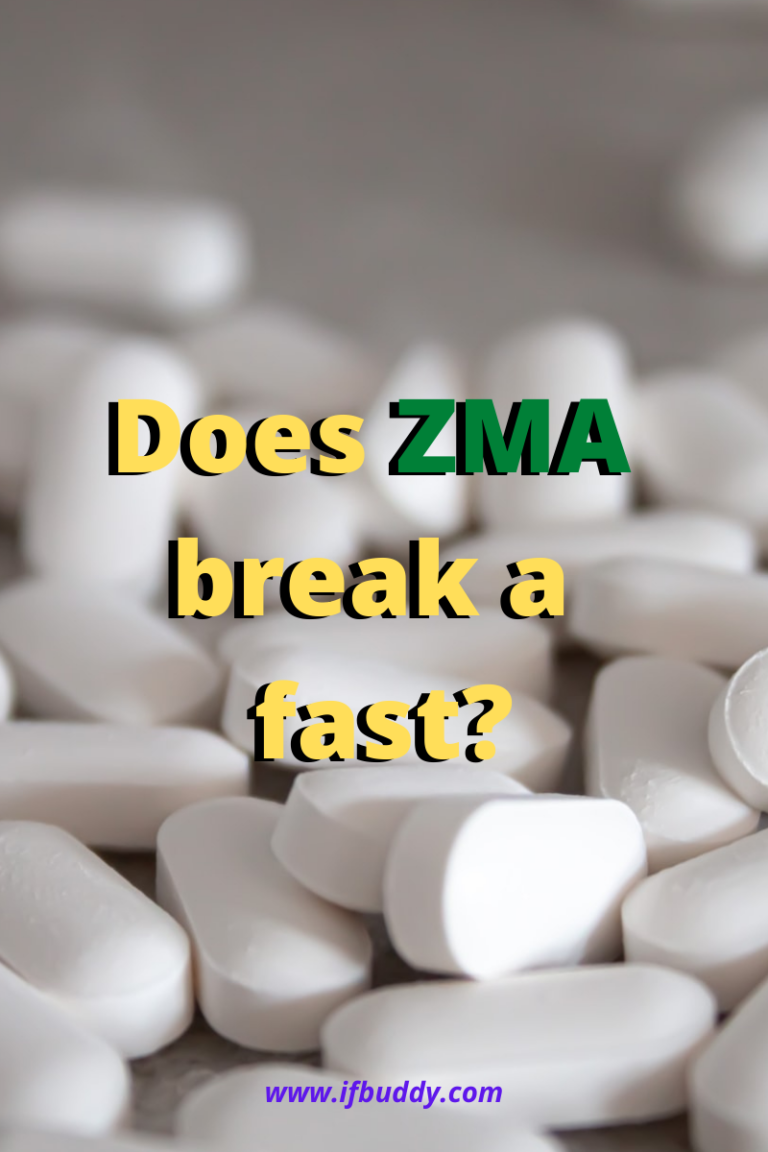Intermittent fasting is a great, easy diet if you want to lose weight and manage blood sugar. You could also use it for longevity or gut rest. Regardless of your reason for choosing intermittent fasting, you may find yourself wondering if you can take various supplements during your fast. One such supplement is ZMA, which contains magnesium, zinc, and vitamin B6. It is often used to increase energy, workout performance, and weight loss. Does ZMA break a fast?
The answer depends on why you’re fasting and the type of diet you’re on. Most intermittent fasting methods allow any vitamins and minerals during the fast, so ZMA is perfectly acceptable. Others require you to abstain from any type of nutrients, including supplements.
So let’s take a closer look at how ZMA influences your fasting diet (and how it can help), what its benefits, and what its side effects are.
Does ZMA break a fast?
Under most intermittent fasting diets, breaking a fast means eating something that will cause an insulin response. In other words, they require you to stay under 1-2 calories and 1-2 grams of carbs. Some say 5 grams of carbs are also acceptable, but since everyone is different there is never a guarantee. What doesn’t cause an insulin response in one person, won’t be enough to cause one in another person. Under this logic, vitamin and mineral supplements that are calorie-free do not break a fast.
ZMA is a supplement that contains zinc, magnesium, and vitamin B6. There are no sugars and no carbs in it, so it doesn’t induce an insulin response and it doesn’t negatively impact blood sugar. In short, ZMA does not break a fast.
The issue comes up if you’re on a very strict water fast that forbids the ingestion of any nutrients in any shape. In this case, ZMA and other supplements do break a fast. Such diets are rare, and they can be fairly dangerous so make sure you don’t do it long-term or at least talk to a doctor if you consider it. Balanced fasting diets that allow supplementation, are preferred in the long run.
Can you take ZMA during your fasting window?
Yes, you can. ZMA is perfectly fine during your fasting window. Some say it may even be best taken on an empty stomach, at least 1-2 hours if not more before a meal so that it can’t interact with other nutrients, so taking it in the middle of the fasting window is perfect.
Does ZMA help intermittent fasting?
With intermittent fasting, you’re skipping 1-2 meals a day. That means you’re eating less throughout the day, which in turn means you have fewer chances of meeting your daily recommended doses of vitamins and minerals. This is where a supplement like ZMA comes in handy.
Magnesium, zinc, and vitamin B6 deficits can lower your immunity, make you more prone to depression, insomnia, and overall poor energy. By supplementing, you make sure that doesn’t happen. ZMA also has a lot of benefits that can make fasting easier, and it can boost your results.
ZMA may improve your sleep
Magnesium and zinc supplements have long been proven to improve sleep quality. Unlike other supplements that are meant to help you sleep, ZMA doesn’t make you sleepy and doesn’t cause drowsiness. Magnesium, for instance, activates the parasympathetic nervous system, which is responsible for making you feel relaxed. In other words, it won’t make you feel tired throughout the day, but it will make it easier for you to relax, which in turn will help you sleep better.
ZMA could help regulate blood sugar levels
One of the main benefits of intermittent fasting is lowering blood sugar levels. That’s why it is a common diet among those with insulin resistance or type 2 diabetes.
Zinc and magnesium have both been shown to improve blood sugar levels and help keep them at a stable level. A study that looked at 1360 people showed that zinc supplementation helps reduce blood sugar and hemoglobin A1C levels.
ZMA improves mood and boosts energy
Another potential benefit of ZMA is boosting energy and mood. The responsible ingredient is vitamin B6, but magnesium is also great at reducing anxiety and depression.
Effects on weight loss
ZMA isn’t a weight loss supplement, but that doesn’t mean it can’t help boost your results. For instance, a one-month study on 60 obese people concluded that those taking a zinc supplement lost more weight than those who took the placebo. It is thought this is because zinc may have appetite suppressing properties. Some studies also revealed that obese people usually have lower zinc levels than those who are at a normal weight.
Another study showed that magnesium and vitamin B6 help reduce water weight, especially in women with premenstrual syndrome. In other words, ZMA may contribute to your weight loss. Just remember this is not its primary goal and it doesn’t substitute a healthy, balanced lifestyle.
Does ZMA have any side effects?
No side effects have been reported in the recommended doses. However, because ZMA provides moderate to high doses of magnesium, zinc, and vitamin B6, some of the side effects we see in over-supplementation with one of these ingredients may appear.
For instance, high doses of magnesium can cause nausea, diarrhea, cramps, and vomiting. Too much zinc can cause the same side effects, but also loss of appetite, headaches and dizziness. Finally, too much B6 can lead to nerve damage with pain or numbness in your hands and feet.
The bottom line
Does ZMA break a fast? No, ZMA is only composed of magnesium, zinc, and vitamin B6 which are allowed, and even recommended in most fasting methods. They have no carbs and will not cause an insulin response.
ZMA may actually be helpful when intermittent fasting by boosting your immune system, improving sleep quality, and regulating blood sugar levels. While it is not a weight loss supplement, zinc can help manage your appetite, preventing you from overeating. Remember that going over your daily recommended dose of vitamins and minerals does put you at a risk for some side effects, though these are rare and happen at high doses.

